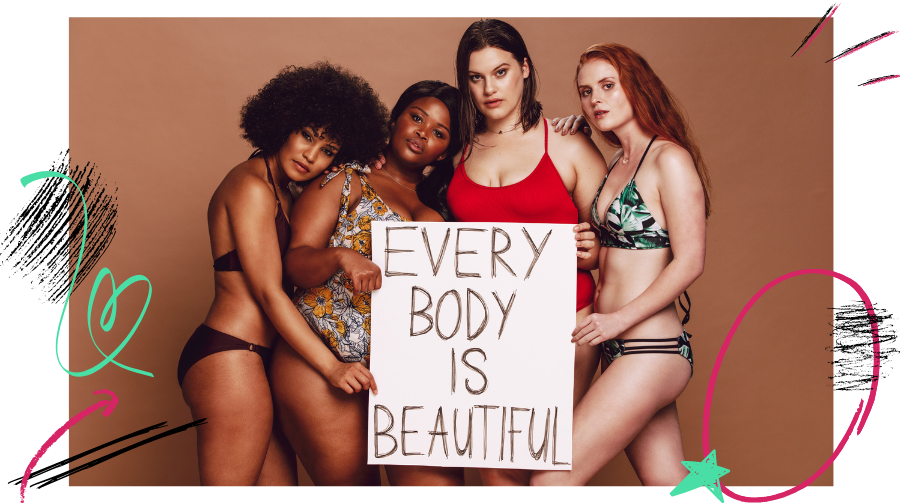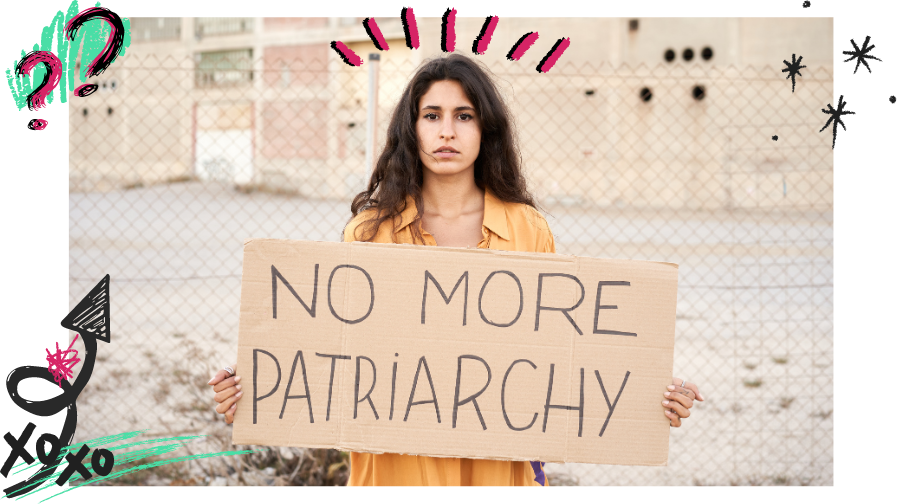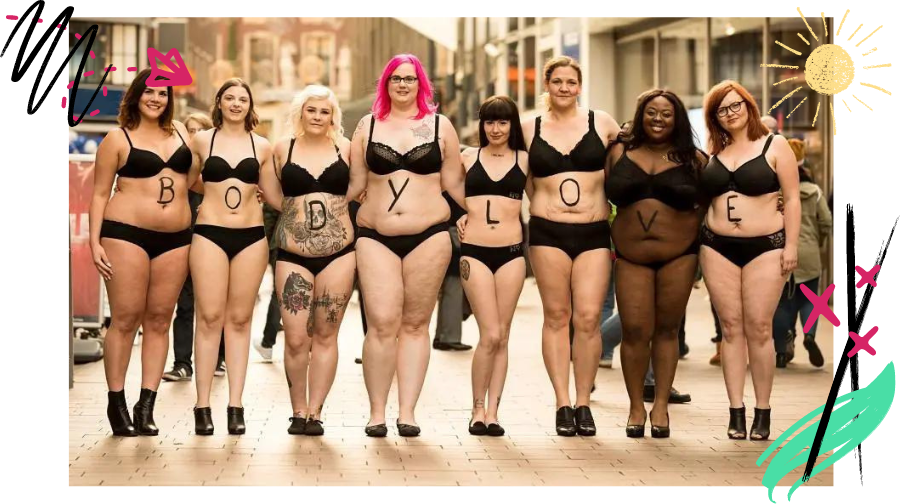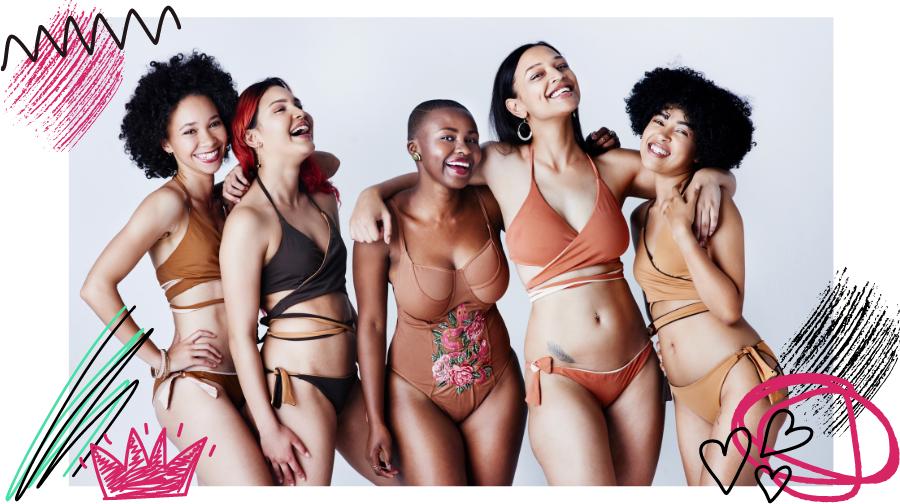Body-shaming, the act of criticizing or ridiculing someone based on their physical appearance, is a pervasive issue that affects individuals of all genders. However, when it comes to body-shaming between women, the impact can be particularly damaging. As a feminist woman, it is essential to shed light on this problem and explore its underlying causes, effects, and potential solutions. By fostering a culture of empowerment, acceptance, and unity, we can create a more inclusive society that celebrates diverse bodies and dismantles harmful beauty standards.

Societal pressures and unrealistic beauty standards
One of the primary contributors to body-shaming between women is the deeply ingrained societal pressure to conform to unrealistic beauty standards. Mainstream media, advertising, and social media often perpetuate an idealized image of beauty that is unattainable for most individuals. This unrelenting focus on thinness, flawless skin, and other narrow beauty ideals can lead to comparison, competition, and ultimately, body-shaming among women.
Internalized misogyny and patriarchal influence
Internalized misogyny, which refers to the internalization of patriarchal values and beliefs by women themselves, plays a significant role in body-shaming dynamics. In a patriarchal society that values women primarily for their physical appearance, women may internalize these messages and judge themselves and other women based on their bodies. This perpetuates a harmful cycle where women become complicit in the policing and shaming of one another.

The intersection of body-shaming and self-worth
Body-shaming attacks the self-worth of women, reinforcing the notion that their value lies solely in their physical appearance. This toxic mindset can erode self-esteem, lead to body dissatisfaction, and contribute to the development of mental health issues such as depression, anxiety, and eating disorders. It is crucial to recognize that every woman is more than her physical appearance and deserves to be valued for her talents, intelligence, and inner qualities.
Sisterhood and empathy: building each other up
As feminist women, it is essential to foster sisterhood and empathy rather than perpetuating body-shaming behavior. By actively supporting and uplifting one another, we can create a sense of unity and dismantle the harmful culture of competition and comparison. Celebrating diverse bodies and embracing body positivity is a powerful way to challenge societal norms and create a more inclusive space for all women.
Education and awareness: challenging stereotypes
Education and awareness are vital in addressing body-shaming between women. By promoting comprehensive sex education that includes discussions on body image, consent, and healthy relationships, we can equip future generations with the knowledge and tools necessary to combat body-shaming. Additionally, media literacy programs can empower individuals to critically analyze the messages they receive and challenge harmful beauty standards.

Promoting body positivity and self-care
Promoting body positivity involves shifting the focus from appearance-based worth to self-acceptance and self-care. Encouraging women to prioritize their physical and mental well-being, rather than conforming to societal expectations, fosters a healthier relationship with their bodies. Emphasizing the importance of self-care practices, such as regular exercise, balanced nutrition, and mental health support, can empower women to prioritize their well-being without succumbing to societal pressures.
Championing intersectional feminism
Recognizing the intersectionality of feminism is crucial in addressing body-shaming between women. Women from marginalized communities, including women of color, LGBTQ+ women, and women with disabilities, face unique challenges and forms of body-shaming. It is essential to amplify their voices and experiences, ensuring that the fight against body-shaming is inclusive and intersectional.








